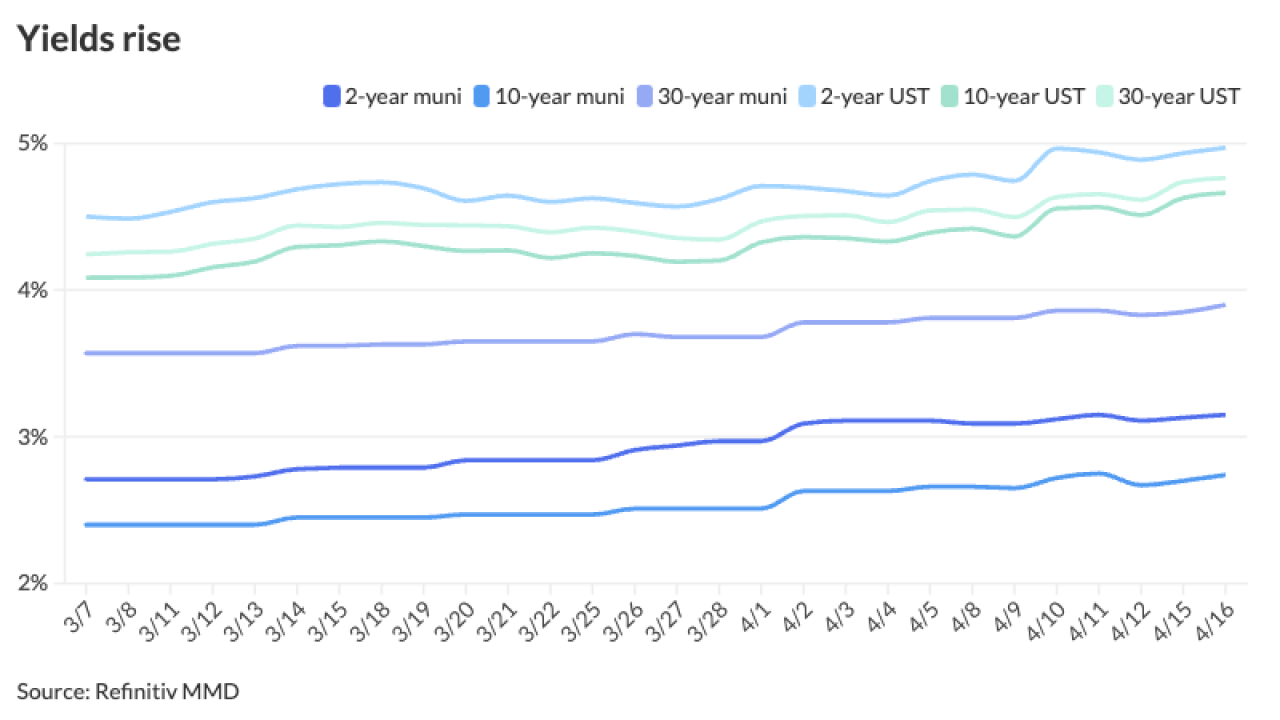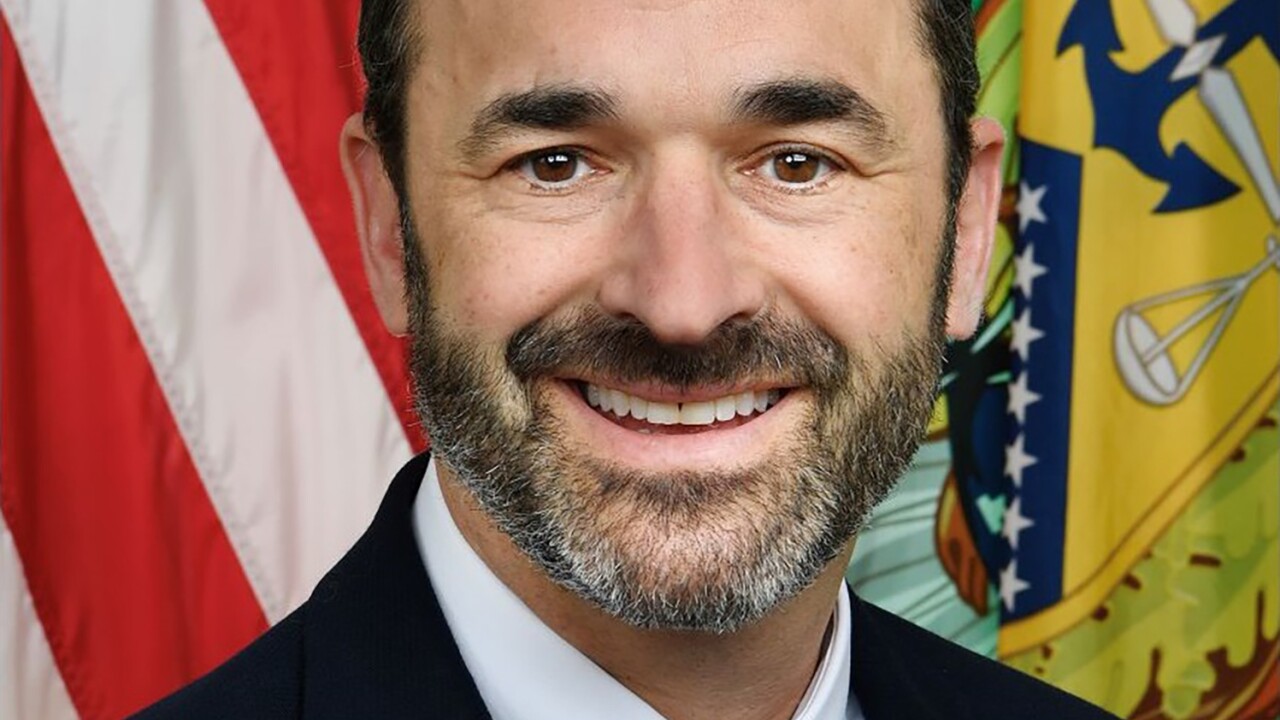The Securities and Exchange Commission on Wednesday unanimously agreed to propose amendments to its Rule 2a-7 that would remove all credit rating references from the rule, which requires money market funds to invest in high-quality and very liquid short-term securities.
The proposal, on which the SEC is seeking public comments through April 25, would implement a directive lawmakers included in the Dodd-Frank Wall Street Reform and Consumer Protection Act after criticizing the credit agencies for failing to adjust their ratings to forewarn of Enron’s collapse and the subprime mortgage meltdown.
However, commissioner Luis Aguilar said at the SEC’s meeting that he had “serious misgivings” about it because an appropriate substitute has not been identified and the costs may far outweigh the benefits for funds and investors.
He argued that the proposal would make determinations about credit risk subjective instead of objective and could “create an opportunity for those that will chase yield at the expense of investing in the highest-quality securities.”
Aguilar urged Congress to reconsider its “blanket ban” on including ratings in rules.
Commissioner Troy Paredes said he had questions about the proposal’s practical effect, including whether it would cause fund boards to attempt to “reach for yield” or, alternatively, make them overly conservative in investments.
In opening remarks at the meeting, SEC chairman Mary Schapiro said the goal of the Dodd-Frank provisions and the commission is “to encourage an independent assessment of creditworthiness rather than a potentially misguided reliance on a credit rating.”
Rule 2a-7 currently requires at least 97% of a money market fund’s portfolio to be invested in the highest short-term rated securities and the rest in the highest- or second-highest short-term rated securities. In addition, the funds’s board of directors or delegate, such as the fund’s manager, must determine that every security the money market fund purchases presents minimal credit risks, regardless of the rating.
Under the SEC’s proposed amendments to the rule, ratings would no longer be used to determine which securities are permissible investments for money market funds. Instead, a fund’s board or delegate would have to assess the credit quality of each security and determine that it presents minimal credit risks.
In addition, they would have to determine whether a security was “first tier” or “second tier,” using new definitions for those terms rather than ratings.
A security would be first tier only if the fund’s board or delegate determined that the security’s issuer has “the highest capacity to meet its short-term financial obligations.”
The fund would still have to invest at least 97% of its assets in these securities.
A security would be second-tier if the board or delegate determined the security presents minimal credit risks, even if it is not a first-tier security.
Some debt issues have a feature allowing an investor to sell the debt back to the issuer or to a third party at cost plus accrued interest. But an investor’s ability to demand payment for the security may be limited under certain circumstances.
Under Rule 2a-7, a money market fund may invest in a security subject to such a “conditional demand feature” only if the underlying security has received one of the two highest credit ratings, among other things.
The proposed rules would eliminate the credit-rating requirement and instead require the fund’s board or delegate to determine that the underlying security is of high quality and subject to very low credit risk.
Anu Aubey, a lawyer in the SEC’s investment management division, noted at the meeting that the agency has twice before proposed taking references to credit ratings out of Rule 2a-7, garnering strong opposition from muni market and other groups each time. But Congress has now mandated the action in Dodd-Frank, she said.
A spokesman from the Investment Company Institute responded to the proposal, saying: “Money market funds seek to meet investors’ need for a stable $1.00 net asset value by investing in high-quality, liquid, short-term securities. With our members, we’ll examine the SEC’s proposal closely to ensure that it helps funds meet that objective.”





